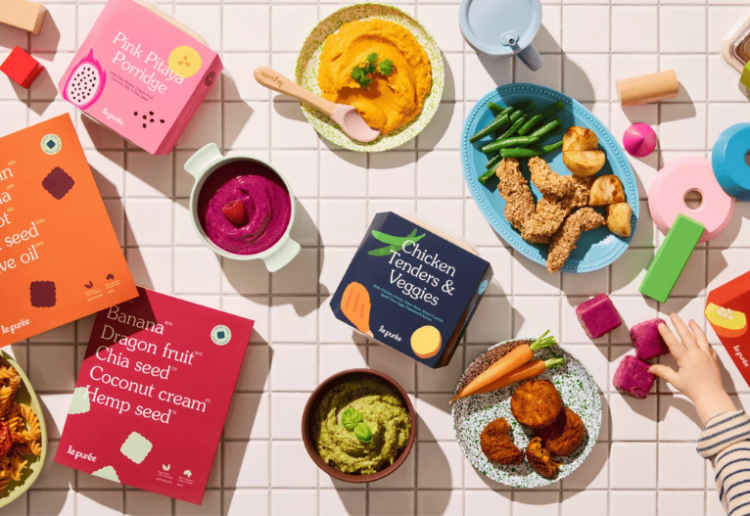One in five children are affected by eczema and its nasty red, itchy, and sometimes weeping or bleeding skin that can cause discomfort and upset (for both parent and child).
Dr Cris Beer looks at the factors which could be making your child’s skin condition worse.
1. There’s dust mites
The most common source of allergies, particularly in coastal areas, these can be difficult to get rid of, as vacuuming or sprays don’t work. Instead, wash bedding weekly in hot water (hotter than 60 degrees), and use a product which contains tea tree or eucalyptus oil. Tumble drying for ten minutes after drying will kill dust mites.
2. Their toys are to blame
Sad but true, but those soft, cuddly toys may harbour allergens which exacerbate your child’s eczema. Replace them with wooden or plastic toys (put them on the birthday and Christmas list!). Soft toys can be washed in eucalyptus oil or put them in the freezer for 12 hours, to kill the dust mites.
3. They’re eating the wrong thing
It’s still not known why your child’s eczema can become worse after they eat certain foods. However, research shows that cutting dairy, soy, seafood, nuts, seeds, eggs and animal fats, which are the most commonly associated with the condition, out of your child’s diet for a period of time, to determine whether there is a change in their symptoms.
This is best done in conjunction with advice from your healthcare practitioner or registered dietitian/nutritionist before making any dietary changes.
4. They have an unhappy gut
If your child’s skin condition is getting worse, or nothing is helping, then looking to their ‘wellness centre’, their gut, could be the answer.
This is because the gut supports our immune system, and ultimately the health of our skin. There is evidence that suggests using probiotics can reduce symptoms of atopic eczema.
Feeding the body ‘’good’ bacteria, in the form of probiotics, has been shown to assist in addressing a variety of health issues, such as IBS, eczema and general wellbeing. Composed mainly of bacteria, such as Lactobacillus and Bifidobacterium, probiotics may help to support the gut composition in children and adults.
5. They’re too hot
Keep your child cool, as heat is the most common trigger for flare-ups. Cotton clothing, or breathable fabrics are ideal. Their bedding also shouldn’t be too heavy, so that they don’t get too warm during the night.
Speak to your healthcare practitioner if symptoms persist. Always read the label. Use only as directed. Supplements may only be of assistance if dietary intake is inadequate.
For more information, visit www.blackmores.com.au
Does your little one suffer from eczema? What have you found useful?
Read more:
Share your comments below.




















-

-
-
mom206279 said
- 09 Dec 2017
-

-
-
al2ab said
- 05 Dec 2017
-

-
-
levismumma said
- 04 Dec 2017
-

-
-
Clarke Tribe Mumma said
- 02 Dec 2017
-

-
-
Ellen said
- 02 Dec 2017

-

-
-
ashna9 said
- 01 Dec 2017
-

-
-
mom160421 said
- 01 Dec 2017
-

-
-
mom90758 said
- 01 Dec 2017
Post a comment8:33 am
2:14 am
9:08 pm
11:41 pm
4:23 am
7:17 pm
1:20 pm
12:58 pm
To post a review/comment please join us or login so we can allocate your points.